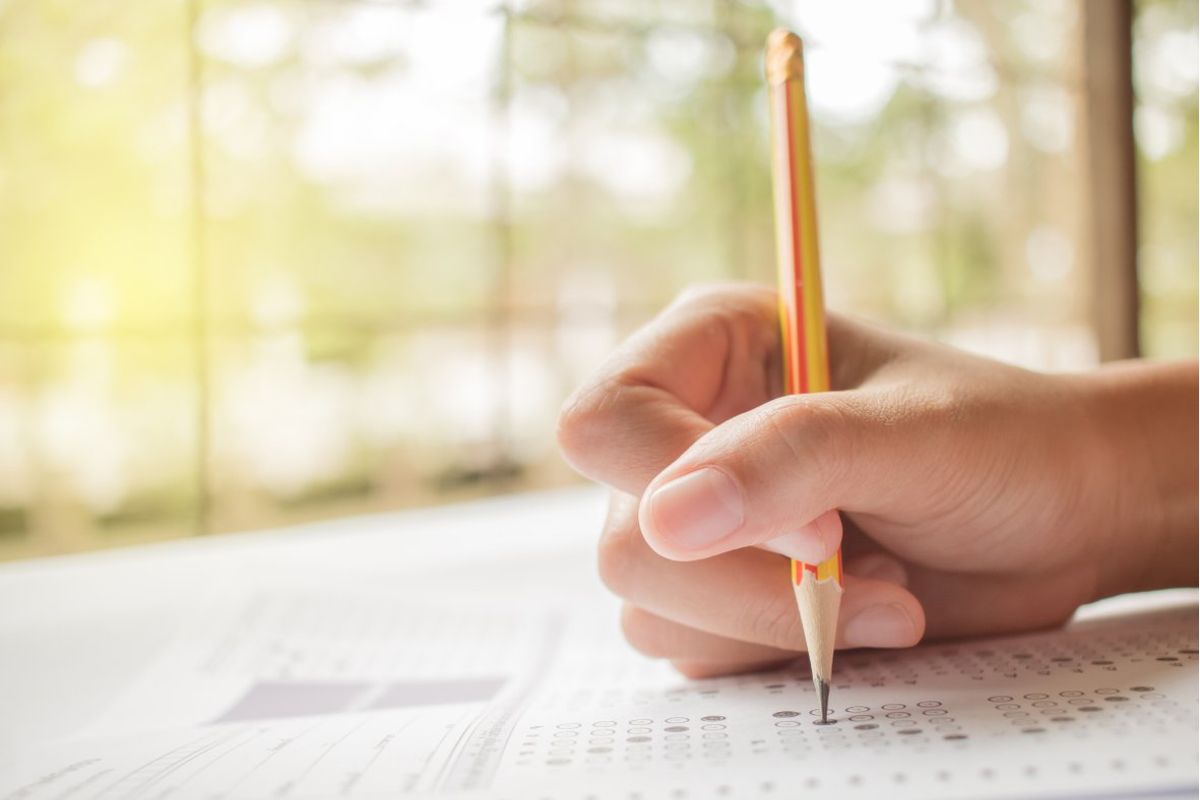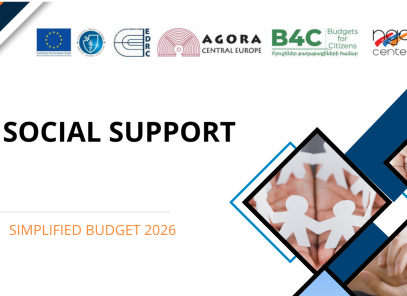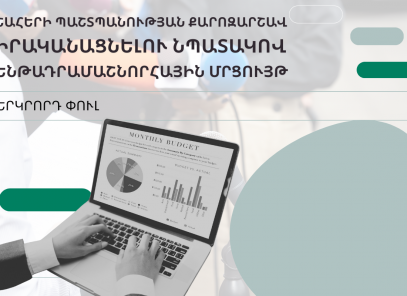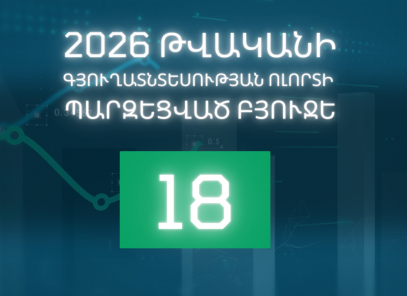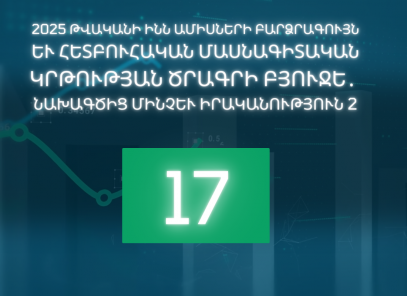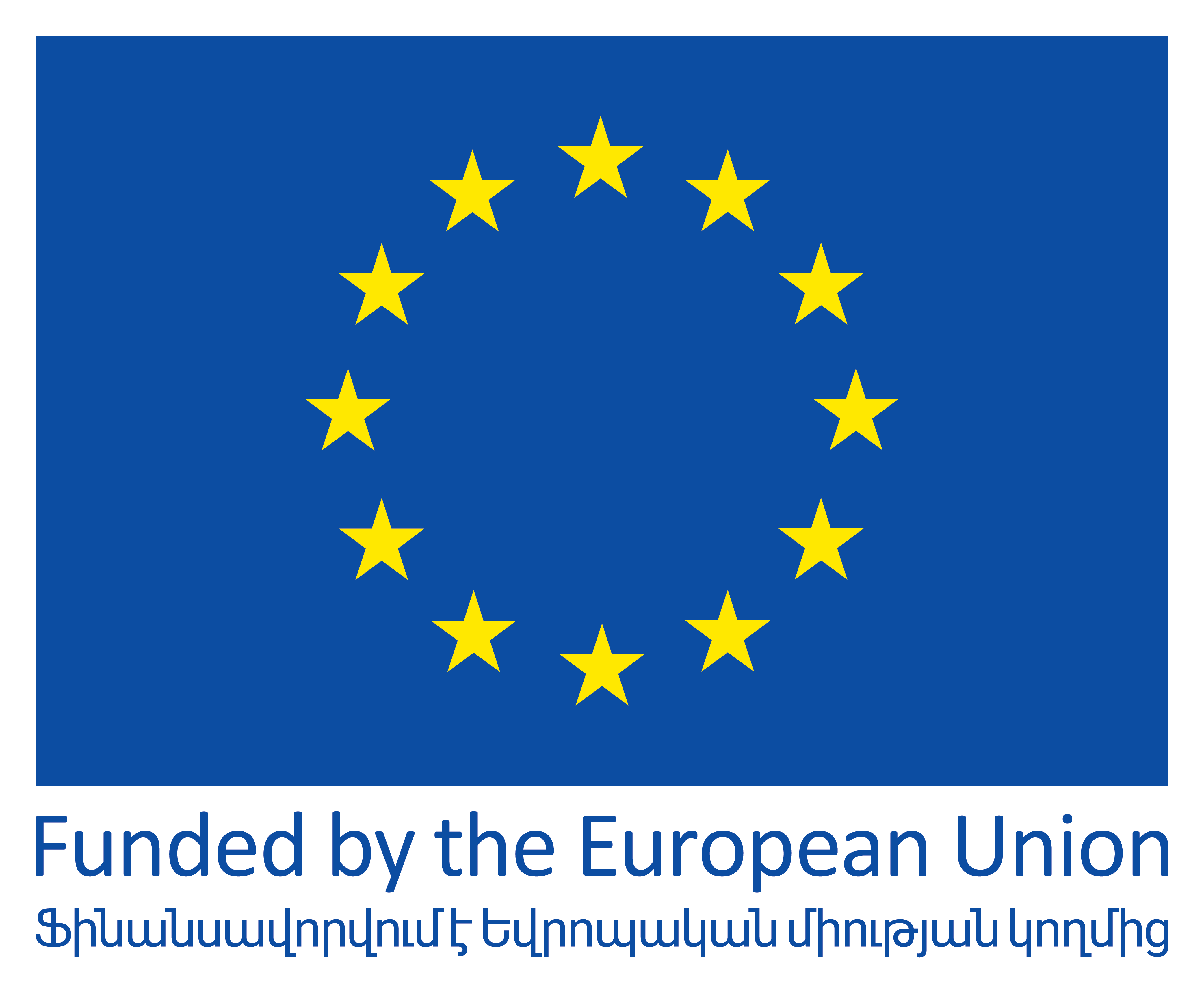School Olympiads are one of the most important components of the educational system, stimulating the scientific interest, self-development, and competitive thinking of the pupils. Olympiads contribute to improving the quality of education by encouraging research and analytical thinking across various subjects.
Holding School Olympiads is a measure of the “General Education” Programme. The measure aims to identify and encourage gifted children, form national teams, and prepare participants for the International Olympiads. Republican and international subject Olympiads are held in 3 stages: school, regional, and republican.
The figure shows the subjects of upcoming Olympiads
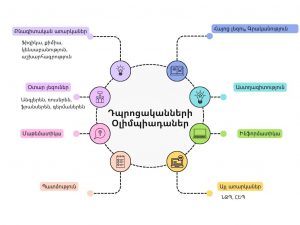
16 Republican Subject Olympiads and 7 international ones were held in 2024. Pupils from grades 5-12 participated in them. There were 15 medalists in International Subject Olympiads.
AMD 58 mln have been allocated from the General Education Programme budget in 2024 for the measure School Olympiads.
Encrypted notebooks, pens, A4 format paper, diplomas, letters of commendation, and certificates were acquired for the organization of the Republican Olympiads. Accommodation and food services were organized for the participants of the Olympiads. The necessary laboratory materials and equipment have been acquired for the experimental stages of the Science Olympiads.
Activities to obtain visas, air tickets and health insurance for seven international subject teams from the Republic of Armenia were carried out aimed to organize the International Olympiads.
The figure shows the budget financing of the Measure School Olympiads in 2020-2024 (in AMD)
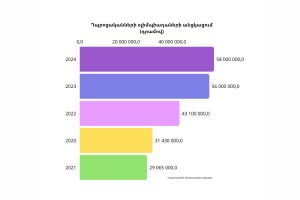
This publication has been developed with the financial support of the European Union, within the framework of a sub-grant provided under the “Budgets for Citizens” project implemented by a consortium led by the “Armenian Lawyers’ Association” NGO. It has been implemented by “Media for Education” NGO within the framework of the “Education Expenses/Quality of Critical Thinking” project. The “Media for Education” NGO is responsible for the content, and it does not necessarily reflect the views of the European Union.

